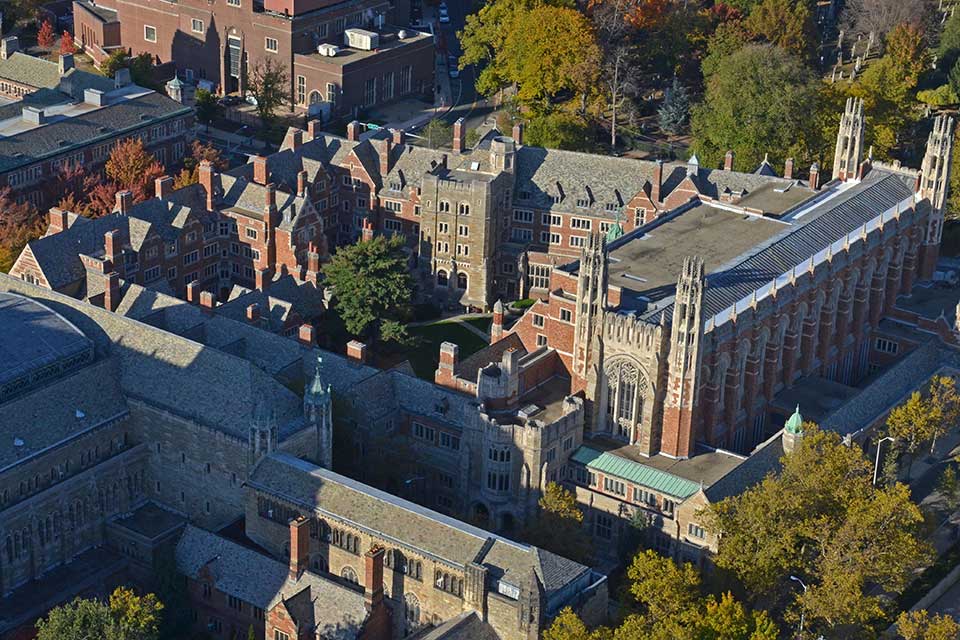Introduction
Choosing the right law school is a crucial decision that can shape your career, opportunities, and future success. The top law schools in the United States are known for their academic excellence, influential faculty, robust networking opportunities, and strong career prospects for graduates. Whether you aspire to work in corporate law, criminal defense, human rights, or academia, the law school you attend can significantly impact your path.
In this guide, we will explore the top law schools in the U.S., their unique qualities, and the factors that make them stand out. We will also discuss the benefits of attending these institutions, how to get admitted, common challenges faced by law students, and future trends in legal education.
Understanding the Importance of Law School Rankings
Law school rankings are a major consideration for prospective students. These rankings take various factors into account, such as academic reputation, faculty quality, job placement rates, bar passage rates, and student satisfaction. Organizations like U.S. News & World Report, The Princeton Review, and QS World University Rankings release annual lists of the best law schools, guiding students in their decision-making process.
While rankings provide a useful reference, they should not be the sole determining factor. Other considerations, such as tuition costs, location, class size, and specialized programs, are equally important.
Top Law Schools in the United States
1. Yale Law School (New Haven, Connecticut)
- Rank: Consistently ranked as the top law school in the U.S.
- Notable Features:
- Small class sizes with an emphasis on individualized learning.
- Strong focus on public interest law and academia.
- Prestigious faculty and influential alumni, including U.S. Supreme Court justices.
- No traditional grading system; students receive honors, pass, low pass, or fail.
2. Stanford Law School (Stanford, California)
- Rank: Among the top three law schools in the country.
- Notable Features:
- Close ties to Silicon Valley and technology law.
- Strong emphasis on interdisciplinary studies with business, engineering, and public policy.
- High job placement rates at top law firms and clerkships.
3. Harvard Law School (Cambridge, Massachusetts)
- Rank: Consistently in the top three law schools.
- Notable Features:
- Largest law school among Ivy League institutions.
- Extensive alumni network, including former U.S. presidents and Supreme Court justices.
- Offers over 500 courses and multiple clinical programs.
4. Columbia Law School (New York, New York)
- Rank: A top-five law school with strong corporate law programs.
- Notable Features:
- Located in the financial capital of the U.S., providing ample internship opportunities.
- Strong ties to Wall Street law firms.
- Dual-degree options with other prestigious Columbia University programs.
5. University of Chicago Law School (Chicago, Illinois)
- Rank: Renowned for its emphasis on legal theory and economic analysis.
- Notable Features:
- Home to the influential “Chicago School” of law and economics.
- Small student body, ensuring close faculty-student relationships.
- Strong placement in federal clerkships and academia.
6. New York University School of Law (New York, New York)
- Rank: A leader in international and public interest law.
- Notable Features:
- Offers the Root-Tilden-Kern Public Interest Scholarship.
- Strong global law programs with study-abroad options.
- Location in NYC provides unmatched networking opportunities.
7. University of Pennsylvania Carey Law School (Philadelphia, Pennsylvania)
- Rank: Known for its interdisciplinary approach to legal education.
- Notable Features:
- Strong integration with Wharton School of Business.
- Emphasis on business law and corporate governance.
- Small class sizes and collaborative learning environment.
8. University of Virginia School of Law (Charlottesville, Virginia)
- Rank: One of the oldest and most respected law schools.
- Notable Features:
- Strong alumni network in government and public service.
- Emphasis on constitutional law and legal history.
- Collegial and student-friendly campus culture.
9. University of California, Berkeley, School of Law (Berkeley, California)
- Rank: A top law school with a strong focus on social justice and environmental law.
- Notable Features:
- No traditional letter grades, fostering collaboration over competition.
- Strong programs in intellectual property and technology law.
- Close ties to Silicon Valley.
10. Duke University School of Law (Durham, North Carolina)
- Rank: A rising star among elite law schools.
- Notable Features:
- Strong programs in business law, constitutional law, and international law.
- High bar passage rates and strong job placement.
- Small class sizes and personalized attention from faculty.
Benefits of Attending a Top Law School
- Career Opportunities: Graduates from top law schools have access to high-paying jobs, judicial clerkships, and government positions.
- Networking: Elite law schools offer extensive alumni networks that open doors in legal and corporate sectors.
- Prestige: A degree from a top-ranked law school adds credibility and enhances professional recognition.
- Access to Leading Faculty: Students learn from renowned scholars and practitioners.
- Innovative Programs: Specialized legal programs, dual degrees, and international study options enhance career flexibility.
